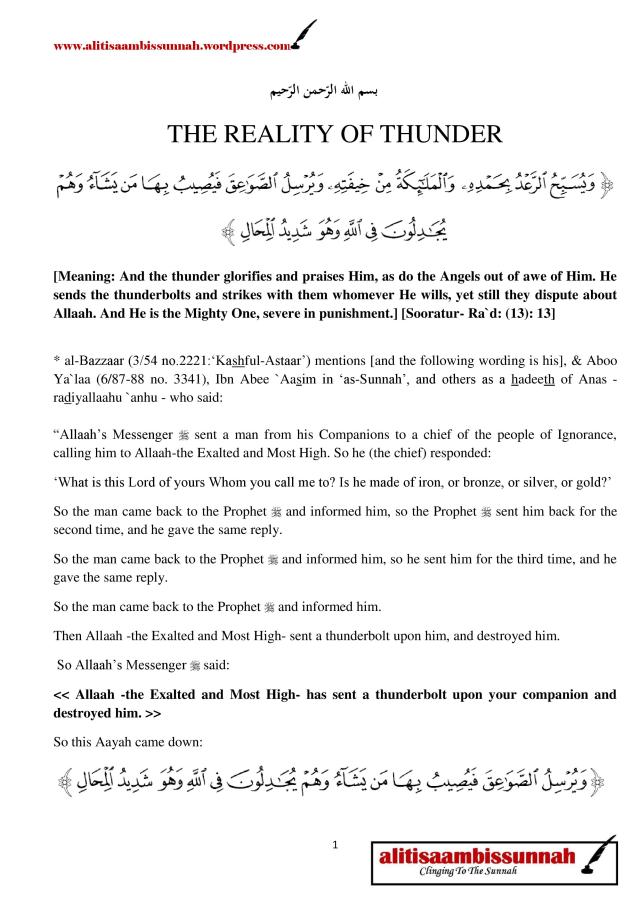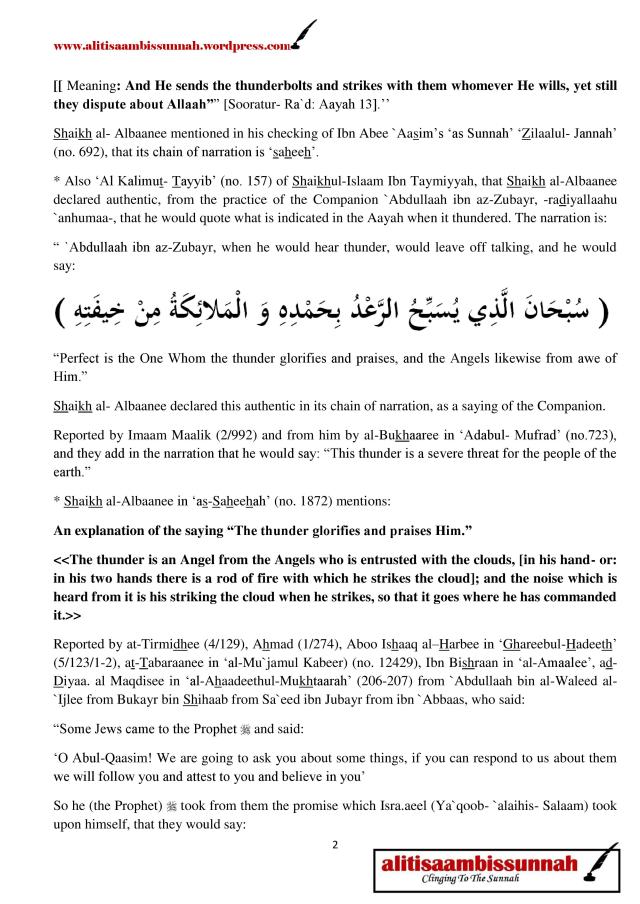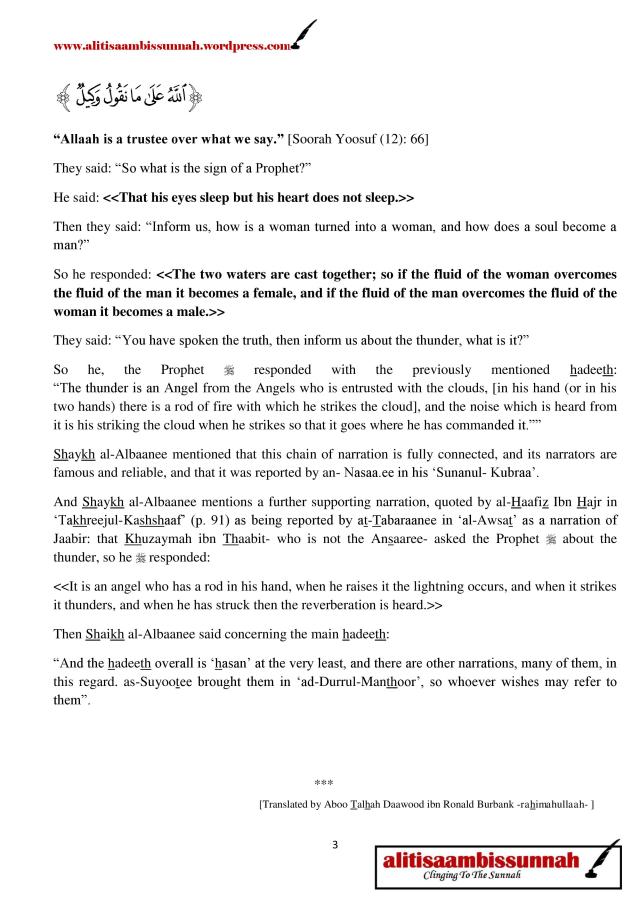I thank Allah for this wonderful opportunity to make this website. This website is especially made for children. InshAllah I will be covering as much as topics as we can. This website is a way to gain knowledge and I hope, InshAllah, that children who read this will gain knowledge .
As Allah the Almighty said:
" Say (Oh Mohammed): This is my way; Invite unto Allah with sure knowledge, I and whosoever follows me with sure knowledge ." YUSUF 12:108
There will be different categories in the website of what particular things for the children to know. I hope the children of all ages will enjoy this website as much as I will!


 It was authentically reported that the Prophet (peace be upon him) stated,
It was authentically reported that the Prophet (peace be upon him) stated, 





